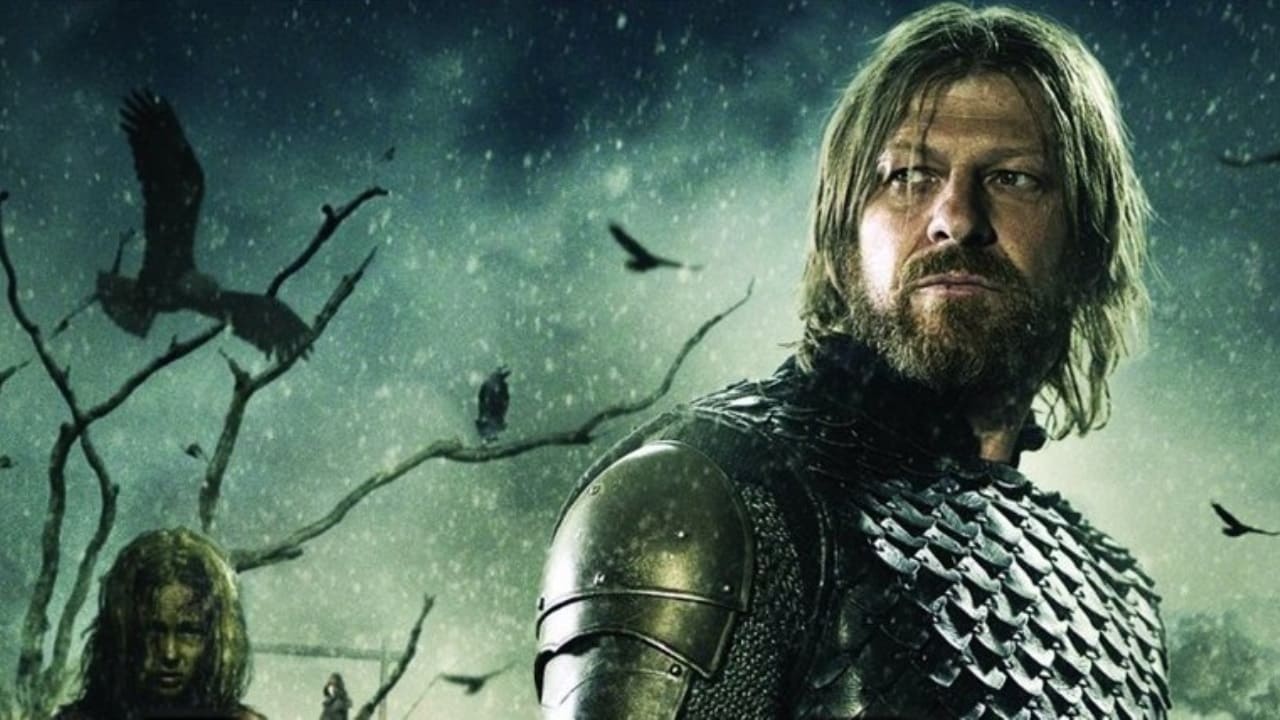A Plague of Dark Intrigue
Welcome to the gritty and chilling world of 'Black Death', a 2010 cinematic endeavor crafted by the adept Christopher Smith. Nestled snugly in that enthralling, albeit eerie, juncture of history and horror, this movie review invites you to dissect a film that seeks to unnerve with equal parts drama, mystery, and the grim shadow of mortality that loomed over England during the bubonic plague outbreak. With celebrated actors like Sean Bean and Eddie Redmayne helming the charge, prepare for a medieval journey that’s both harrowing and thought-provoking.
An Apocalyptic Quest for Resurrection Truths
'Black Death' sweeps us back to a time when legends rode alongside reality, and the plague manifestly turned the streets of England into harrowing testament to nature's wrath. The plot pivots around a young monk, portrayed by Eddie Redmayne, who gets an outlandish yet crucial assignment: unveil the credibility to chilling reports of people miraculously coming back to life in a secluded village. Could there be some 'Monty Python'-esque mistaken identity? Alas, no. The film digs its boots into the fertile storytelling soil of dark rites, religious fervor, and the eternal human fear of death—giving audiences a robust mystery wrapped in history's dark cloak.
Sean Bean: More Alive than Ever!
Let's be honest, Sean Bean has a penchant for meeting untimely demises in his roles (here's to you, Ned Stark). But in 'Black Death', he's alive, well, and imbuing his character of Ulric with relentless zeal and an unmistakable gravitas. Bean commands the screen with a presence that not only illuminates Ulric’s stoic aura but accentuates the film’s somber atmosphere. John Lynch provides fascinating support alongside Tim McInnerny, whose nuanced performance tinges the narrative with underlying menace. The screenplay, a joint cerebral child of Dario Poloni and Christopher Smith, often shifts gears with a darkness reminiscent of cerebral horror, proving immersive enough to lure viewers into its bleak narrative web.
Cinematic Grit Meets Historical Reality
Delving into cinematographic veins, this film doesn’t shy away from visual desolation. The artistic direction nails a gloomy aesthetic, enhancing an oppressive ambiance that wholly reflects the horror concealed within historical truths. There's a starkness that pulsates throughout; every scene is a droplet of Ian Curtis' melancholic rain. If cinematography were a fashion choice, 'Black Death' would be clad head-to-toe in an endless winter. The direction is calculating, pacing the narrative tension through insightful attention to mise-en-scène—sure, more labyrinthine than wonderfully straightforward, but who ever said doom and gloom were meant to be easy?
Comparisons: A Bridge Between Ancient and Modern
In the vast oceans of historical horror dramas, 'Black Death' may remind viewers of films like 'The Others' and 'The Witch', where mystery seamlessly blends with a foreboding historical setting. Christopher Smith seems to tap into his fascination with enigmatic narratives akin to his previous works, evoking sensations reverberating past the closing credits. While 'The Witch' mesmerizes with silence, 'Black Death' wields noise and conflict, echoing dramatics reminiscent of the more chaotic 'Game of Thrones'. It's a cocktail of '28 Days Later' societal collapse fear mixed with medieval foreboding.
Black Death: A Revelry in Darkness
For those intrepid enough to brave its morbid magic, 'Black Death' is a must-watch for fans devoted to the art of somber storytelling embedded in rich historical context. It deftly holds up a mirror to humanity's timeless struggles with fear and faith, rendering a cinema analysis that deserves a spotlight. Experience historical horror at its most provocatively engaging. Grab your torch and brave the shadows—just remember, curiosity might have saved the monk (for now). Don't miss this bleak, fascinating foray into a plague-ridden past that might just mirror the darkness of modernity in more ways than one!

